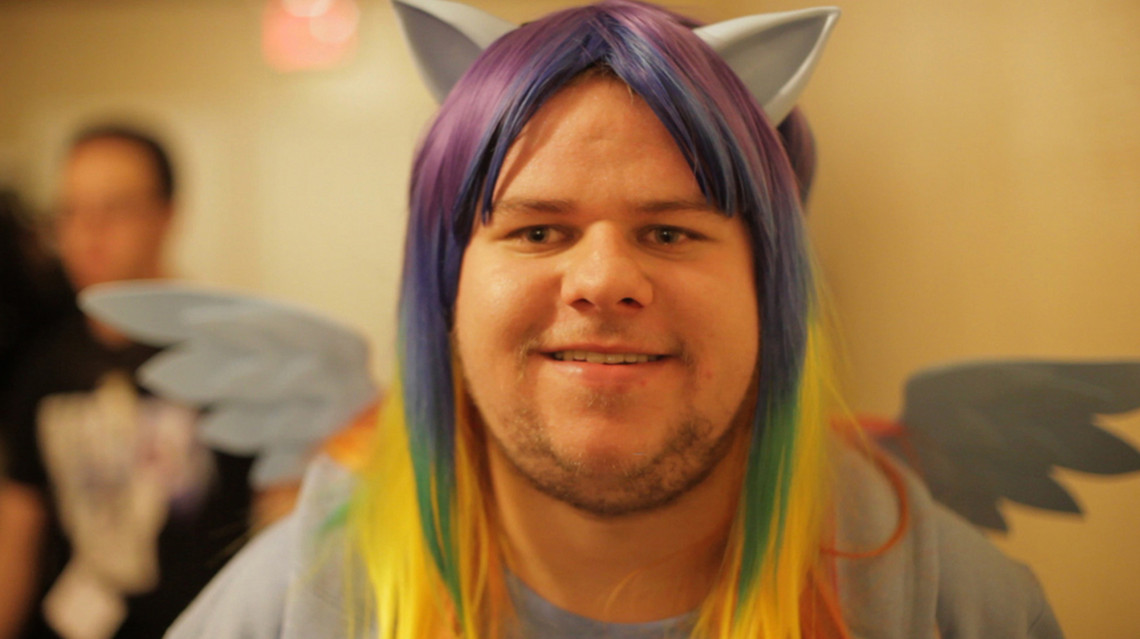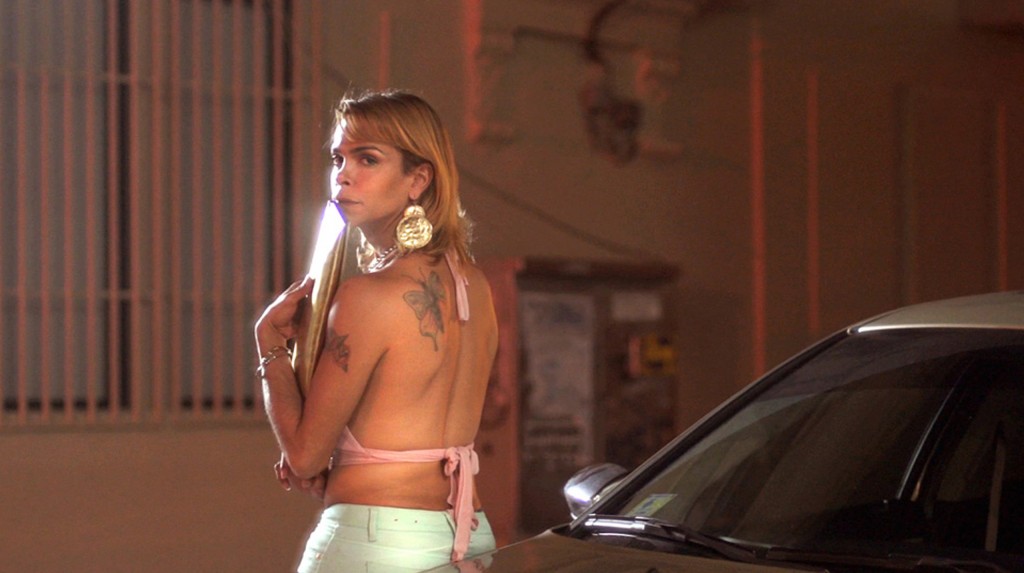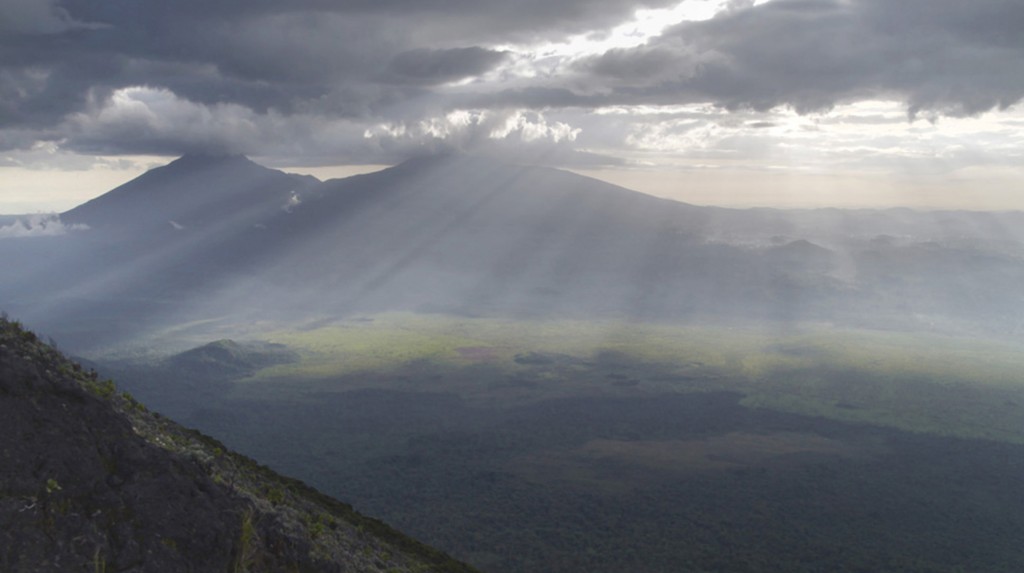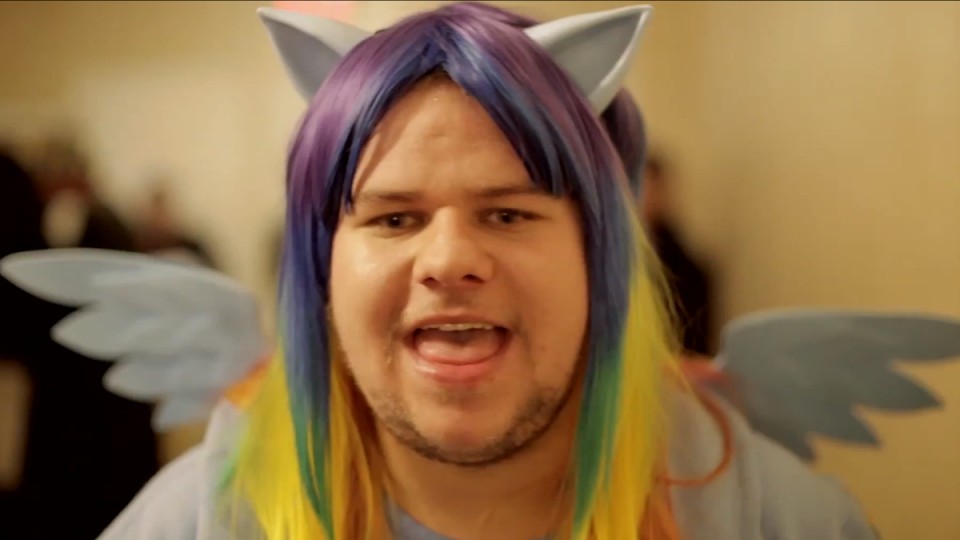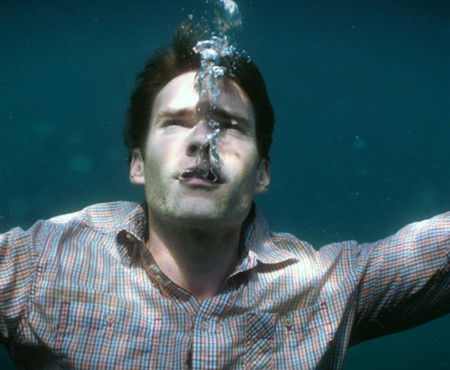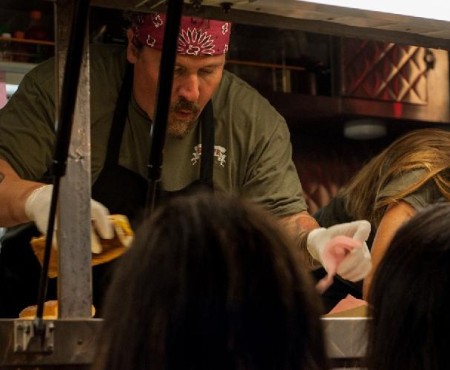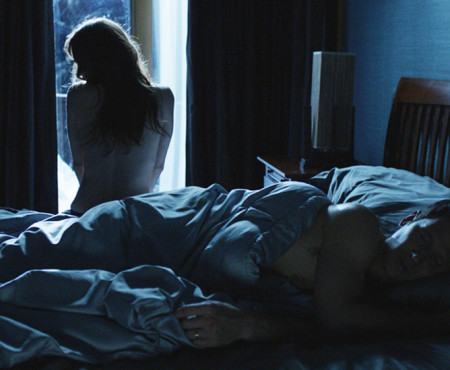Mala Mala
Co-directors Antonio Santini and Dan Sickles offer a poignant and celebratory look at the transgender community of Puerto Rico. The film follows sex-workers, business owners, LGBTQ advocates and drag performers on extremely personal journeys through their transitions, relationships and careers.
The one caveat to the film is that it seems to lump together the transgender community with the drag queen community. Though they no doubt share a connecting thread, members of one wouldn’t necessarily consider themselves a member of the other and vice versa. More of this crossover could have been examined with further inclusion of the character Carlos, who performs in drag as Queen Bee. Press notes reveal that members of Queen Bee’s drag house speculate that she may pursue transition, a detail notably missing from the film. Perhaps its addition would have further illuminated the potential connections between the two communities.
The most interesting character in Mala Mala is Soraya who at 65 is one of the first Puerto Ricans to have won the legal right to change her gender on her birth certificate. Soraya’s insights into gender dysphoria and her years of experiences offer hopeful outlook on the world of being trans that the other characters may not have yet deduced.
Grade: A-
Virunga
Virunga Park in the Democratic Republic of the Congo is Africa’s oldest national park, a UNESCO world heritage site and the last natural habitat for the critically endangered mountain gorilla. It also happens to be the staging ground for a mad land grab between appointed park officials, a British oil company by the name of SOCO International and the rebel mercenaries they’ve illegally hired to take over varying towns and parkland to further their drilling interests.
Orlando von Einsiedel’s documentary examines the crisis from the perspectives of Emmanuel de Merode, the Belgian park director whose mission is to protect the land, Roderigue Katemba, a former child soldier turned park ranger, and Melanie Gouby, a French journalist who secretly films SOCO employees saying atrociously racist things such as one’s suggestion that the only solution to ongoing troubles in Africa is re-colonization.
In the midst of their fight against corporate greed sits Andre Bauma, the gentle caregiver of the Senkwekwe Orphan Gorilla Center inside the park. Through the eyes of his juvenile gorillas the film shows us the results of hundreds of years of European and American influence in the region, and the outcome of ongoing greed for more fossil fuels and rare minerals that run our laptops and smart phones. It is a saddening look at the environmental consequences of corporate expansion and the innocent lives and creatures lost because of money. That Merode was the victim of an assassination attempt by rebel factions days before Tribeca began and SOCO began its seismic testing in Virunga during the film’s screening makes the message that much more urgent.
Grade: A
A Brony Tale
Any documentary about fandom is going to specifically appeal to the members of said movement. For everyone else, the subject may be intriguing for a short while, but in the end just seems bizarre.
Brent Hodge’s A Brony Tale follows members of the Brony phenomenon, a community of adult, usually straight males with an intense love of the animated children’s television show My Little Pony: Friendship is Magic. Through their varying stories of enthusiasm is illuminated a whole new world of men who embrace rainbows, pony toys and messages of friendship. In the film, Ashleigh Ball, who provides the voices for the characters of Apple Jack and Rainbow Dash on the show, is invited to attend Bronycon in New York and as a result is hesitantly introduced to her fervent yet unexpected fan base.
A Brony Tale has a few too many random montages, and some of its subjects definitely register high on a creepy meter, but the film does provide an interesting look at our expectations of manliness, gender norms and comments on sexuality. There’s also an interesting theory that the Brony movement is the result of an ingrained desire for non-violent conflict resolution in post 9/11 America. One ex-military Brony, for example, who only just got back into art, uses his “My Little Pony” drawings as a way of dealing with PTSD. There’s something to be said for a massive movement that promotes kindness and friendship. Something that definitely includes today’s growing rejection of modern male stereotypes of toughness that we’ve had as a society for the past 100+ years.

















